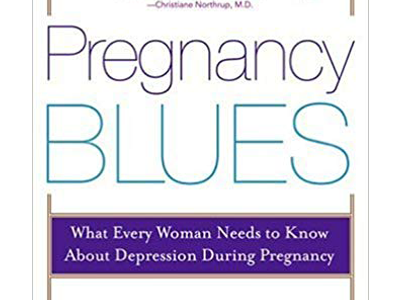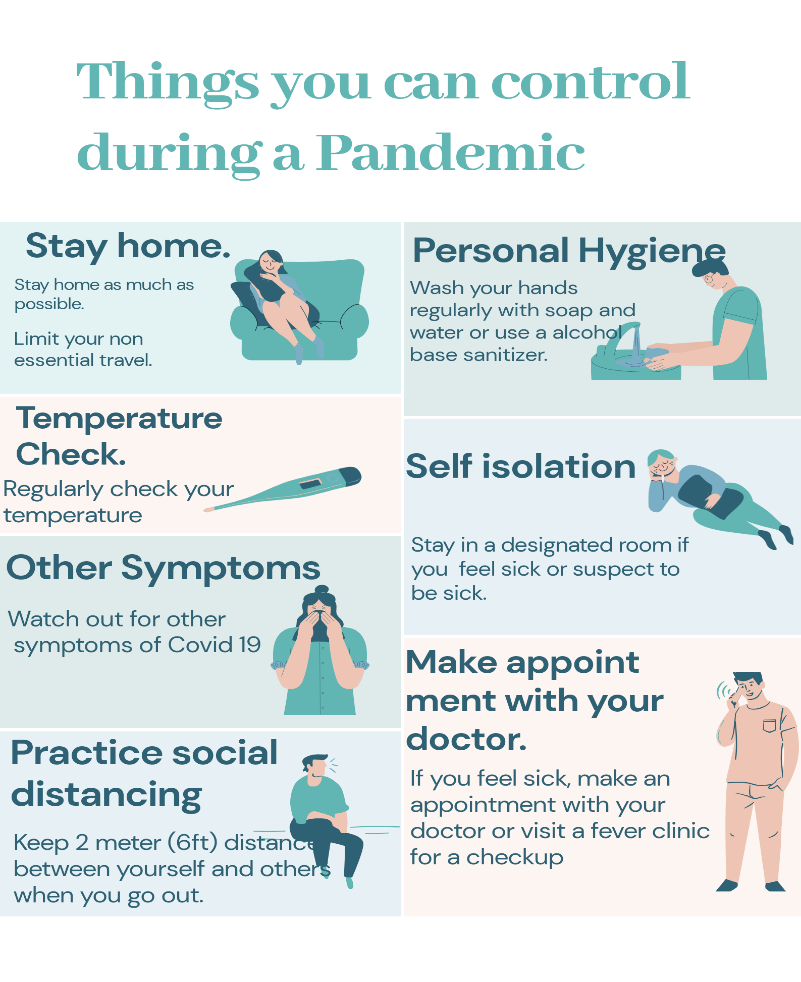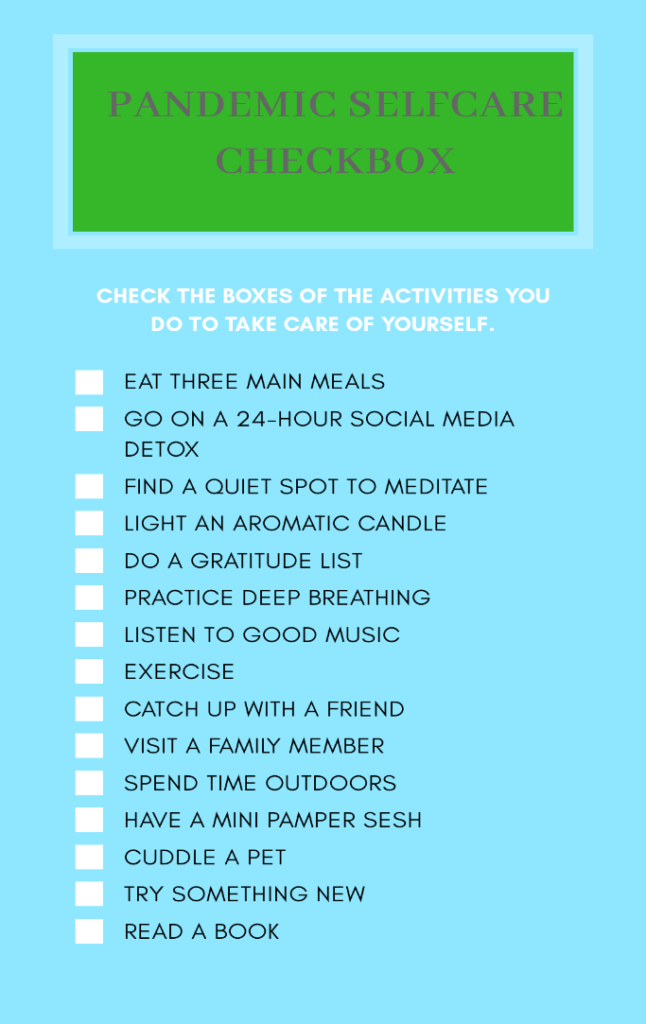
Pregnancy Blues: What Every Woman Needs to Know About Depression During Pregnancy by Shaila Kulkarni Misri is a ground-breaking book that has seminal work exclusively focusing on prenatal depression. Pregnancy blues unravels this agonizing yet treatable illness by providing insight into the key social and biological factors that combine to create a hostile environment for depression and anxiety to thrive, as well as proposing the numerous effective treatments that exist.
Each year in the United States, well over 400,000 babies are born to depressed mothers, making prenatal depression the most under-diagnosed pregnancy complication in the country. The numbers are astonishing as the author also highlights that up to 70 percent of pregnant women go through a certain level of depressive symptoms, out of which 12 percent meet the symptoms of major depression.
Given the current global situation, this book may prove to be helpful to many to-be mothers as the novel coronavirus (COVID-19) may have added to the existing feelings of stress, anxiety, and depression. In addition to focusing on elements that pregnant women can control, they also have access to this useful resource to aid in alleviating uncertainly and stress.
Though pregnancy is considered blissful, there are numerous women out there whose excitement is often overwhelmed by feelings of fear, confusion, and sadness. Prenatal depression is seldom discussed and most often misunderstood as opposed to postpartum depression, which is well portrayed and accepted by the medical community.
This book aims to change that perception by focusing entirely on depression during pregnancy and making it a credible reference for women by including invaluable case studies and medical information.
The author, Dr. Shaila Kulkarni Misri, a prominent reproductive psychiatrist with 25 years of medical practice and research has been successful in offering hope, assistance, reformative actions, and laying the myths to rest on the subject through this book.
The fact that will particularly resonate with many is that all pregnant women are vulnerable during the course of their pregnancy. To which the author explicitly states: “If a woman (…) feels burdened rather than uplifted by her pregnancy, she should be particularly aware that while her physical health may be fine, there is something very wrong emotionally and she needs to seek help.”
Di. Misri also focuses on the cultural nuances of birth and pregnancy, she challenges the basic traditions and beliefs relating to pregnancy and motherhood by exploring the misinterpretations that have led to under-diagnosis and insufficient treatment of prenatal depression.
In the opening chapter, it is validating how the author talks about the numerous ways in which societal expectations and pressures, inner stress, and women’s distinct biology all work together to affect mental health during pregnancy.
“I believe it’s time to take off those rose-colored glasses and look at a picture of pregnancy that may not be as pretty as the one that’s been painted by the media but which is, for too many women, sadly more realistic.
Until we are willing to do that, we are unwittingly sentencing these women to continue hiding in plain sight, unable or unwilling to admit, perhaps even to themselves, that their experience of pregnancy is not what they’ve been taught to expect, and that what appears to be so joyful for others is for them a time of sadness, fear, and confusion.
These women need to know that it doesn’t have to be that way, that there is help, and that they cannot and should not be embarrassed or afraid to get the help they need.”
Noteworthy Learnings from the Book
- Exactly how you can identify the signs and symptoms of depression-and recognise when to seek help
- Information on the role of female hormones, explaining why women are more vulnerable to depression as opposed to men
- How depression disguises itself in your physical complaints, such as back, stomach, or chest pain
- The implicit connection between infertility and depression
- The antidepressant debate, outlining the facts of specific drugs, their safety and when medication is the correct choice
- The risks and benefits of breastfeeding and medication
In addition to above, the author also offers beneficial self-tests and resources, particulars on the alternative treatment options ranging from therapy to acupuncture and far more.
Why you should read this book?
Pregnancy Blues has a remarkable balance of clinical information in simple language, together with a multicultural perspective on birth and pregnancy. Dr Misri’s extensive experience in clinical practice and examining over 3,000 women a year in her pregnancy depression clinic adds credibility to this book.
During pregnancy, just like your body, your mind should be in a healthy state as well and this book helps to achieve just that. What can be appreciated most is how strikingly the author has given a voice to all women out there suffering from prenatal depression and assuring them comfort in their difficult time.
Prenatal depression is often masked in silence, shame, and denial, by having access to factual resources, such as this book, we can help ourselves as well as several women around us who may be silently suffering too. This book is filled with stories of women who took a step forward and transformed a potentially damaging experience into a manageable one that eventually brought them the joy of bonding with a healthy and happy baby.




